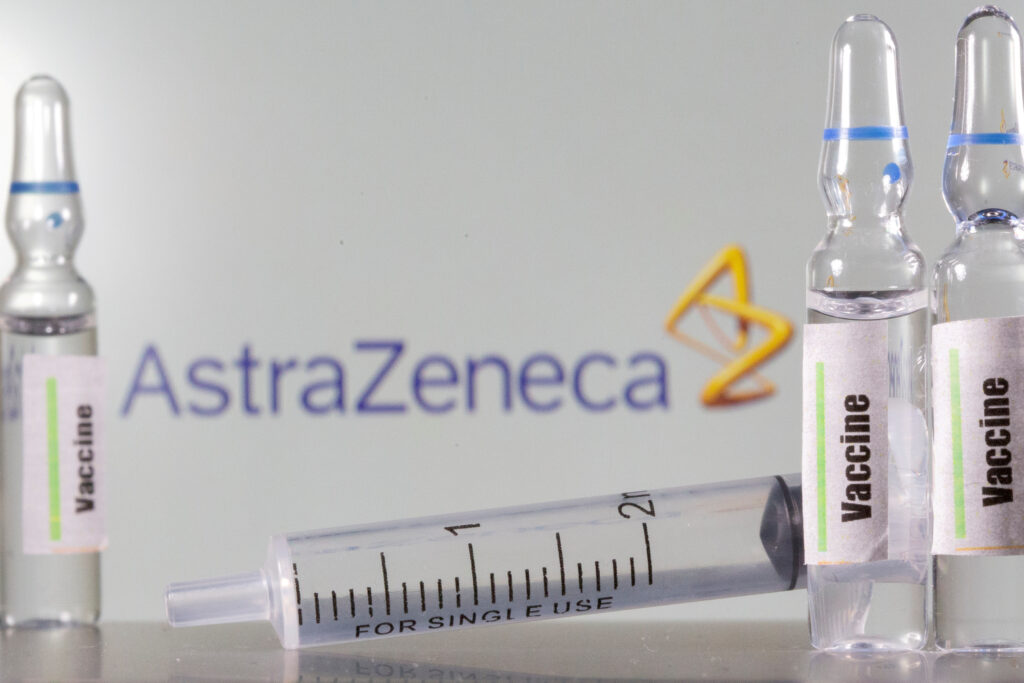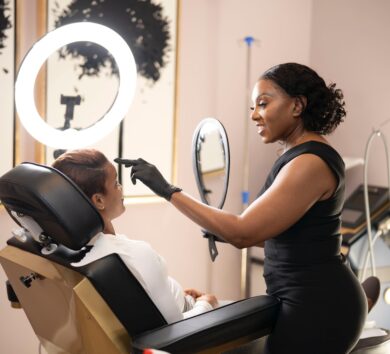

With COVID-19 inoculation efforts now under way in Jamaica, it is increasingly important that we are able to discern myths from facts in deciding on whether to get vaccinated.
Here are a few of those myths and facts.
DISPELLING COVID-19 VACCINE MYTHS
1. Myth: The COVID-19 vaccine is unsafe because it was developed so quickly.
Fact: All WHO authorised vaccines have been proven safe. Though they were developed in record time, they have all undergone the same rigorous Food and Drug Administration (FDA) process as previous vaccines. The speed at which the vaccines have been created is a testament to the power of worldwide collaboration.
2. Myth: I’ve already been diagnosed with COVID-19, so I don’t need to receive the vaccine.
Fact: While there is some level of natural immunity gained from having and recovering from the COVID-19 virus, early evidence suggests that this may not last very long. As a result, taking the vaccine even after you have recovered from the virus could still prove beneficial.

3. Myth: Once I receive the COVID-19 vaccine, I no longer need to wear a mask.
Fact: Even after you have been vaccinated, masking, handwashing and physical distancing will continue to remain a necessity until a substantial number of the population has been vaccinated or the government indicates it is now safe to begin lifting COVID-19 protocols.
4. Myth: You can get COVID-19 from the vaccine.
Fact: You cannot get COVID-19 from the vaccine because it does not contain the live virus.
5. Myth: I’m not at risk for severe complications of COVID-19 so I don’t need the vaccine.
Fact: Regardless of your risk, you can still contract the infection and spread it to others. Getting vaccinated means that you’ll be able to protect yourself, in addition to your friends, family and community.

6. Myth: If I receive the COVID-19 vaccine, I am at a greater risk to become sick from another illness.
Fact: There is no evidence to suggest that getting the vaccine heightens your risk to become sick from another infection such as the flu.
7. Myth: Certain blood types have less severe COVID-19 infections, so getting a vaccine isn’t necessary.
Truth: Research has shown there is no reason to believe being a certain blood type will lead to increased severity of COVID-19. By choosing to get vaccinated, you are protecting not only yourself and your family but your community as well.
8. Myth: The COVID-19 vaccine includes a tracking device.
Fact: While a video circulating on social media makes claims that each vaccine contains a microchip that may be used as a tracking device, the truth is that this chip is only present in the syringe labels of the vaccine to confirm the dose’s origin. The chip itself is not injected into the person getting the vaccine.

9. Myth: The COVID-19 vaccine causes infertility in women.
Fact: Misinformation on social media suggests that the messenger RNA present in the vaccine could cause infertility by accidentally attacking a protein in the placenta called syncytin-1, which has a similar structure to the coronavirus spike protein. This, however, is unlikely and there has been no evidence to date which indicates a connection between infertility in women and being inoculated with the COVID-19 vaccine.
10. Myth: Once I receive the vaccine, I will test positive for COVID-19.
Fact: Viral tests used to diagnose COVID-19 check samples from the respiratory system for the presence of the virus that causes COVID-19. Since there is no live virus in the vaccines, the vaccines will not affect your test result. However, it is possible to get infected with the virus before the vaccine has had time to fully protect your body.







Comments